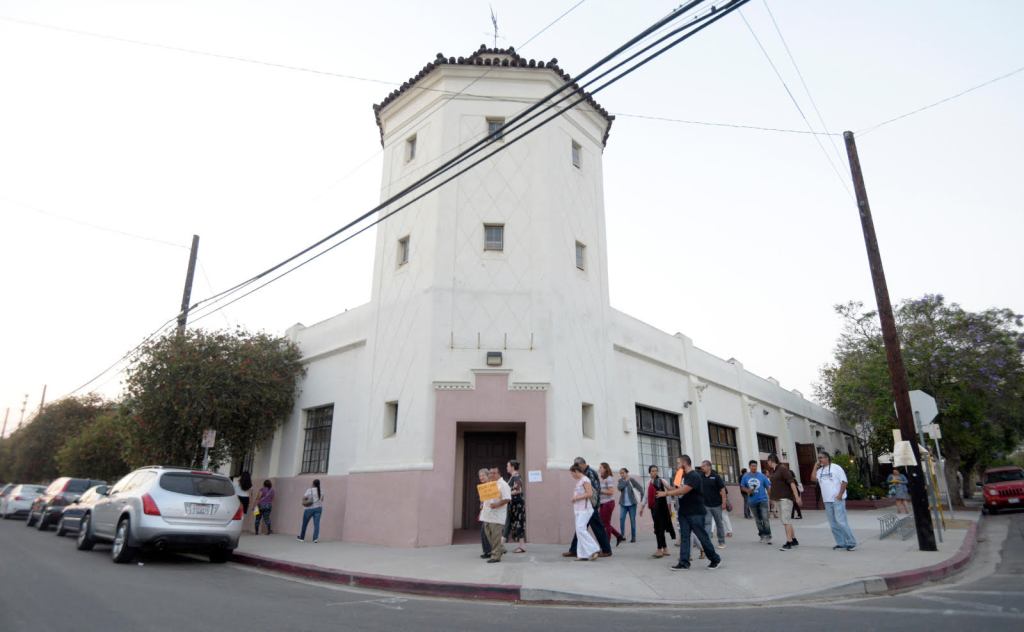The bad blood between La Casa de la Raza, Santa Barbara’s financially embattled Latino cultural center, and its debtor-in-chief Tomas Castelo has brewed for four long years. Originating in a debt that escalated into a 2016 lawsuit and bankruptcy proceedings, it culminated in the announcement that La Casa’s iconic building at 601 East Montecito Street would go on the block in a foreclosure sale on February 5. That was Monday. By Tuesday, talks were back on and the foreclosure forestalled to April 15.
Castelo was one of the original members who formed La Casa in 1971 as part of the movement among the Latino community to foster pride in their heritage and provide services for those who needed it. La Casa de la Raza formed a central hub for culture, music, education, and links to state, federal, and local bureaucracy; it continues to serve the Spanish-heritage community to this day. But in the many years since its founding, membership waxed and waned, and leadership faltered.
According to Castelo’s attorney, Tony Fischer, in the early 2000s, La Casa’s directors failed to follow the group’s bylaws. No minutes showed that members of La Casa were called to a meeting or had elected the board that eventually took La Casa into bankruptcy in 2016. Bankruptcy Judge Deborah Saltzman agreed that the board had no standing to begin Chapter 11 proceedings, and she dismissed the case in 2018.
An accumulation of debt — to Castelo and also state and federal tax collectors — led to the bankruptcy attempt, and in Castelo’s case, the debt originated in 2012. At the time, La Casa was $125,000 behind on a $440,000 loan and was looking for a deep pocket. Castelo, who was headed out of town, offered his help, but the short timeframe made it simpler for him to purchase the entire loan, which left La Casa owing him $523,000.
The lawsuit filed in Santa Barbara Superior Court by La Casa against Castelo in 2016 alleged fraud among other things, a charge Fischer said Castelo found personally insulting; it was not borne out by the exchange of emails, he claimed. Since then, the unpaid debts ballooned; both the city Housing Authority and developer Ed St. George offered plans to bail La Casa out — as have numerous others privately. In the foreclosure notices from this January, $1.75 million in cash will buy the property, which is estimated to be worth at least $3 million.
The GoFundMe account set up to raise $2 million to settle La Casa’s debts shows a scant $6,835 currently. Ana Rosa Rizo-Centino, president of La Casa’s board of directors, said they were still taking donations — “Please!” — but La Casa was looking to other sources as well. Her board was negotiating with Castelo, Rizo-Centino said, but because the talks were ongoing, it was more prudent to say little about them until something concrete had been worked out. The foreclosure, however, had been postponed to April 15, she acknowledged.

